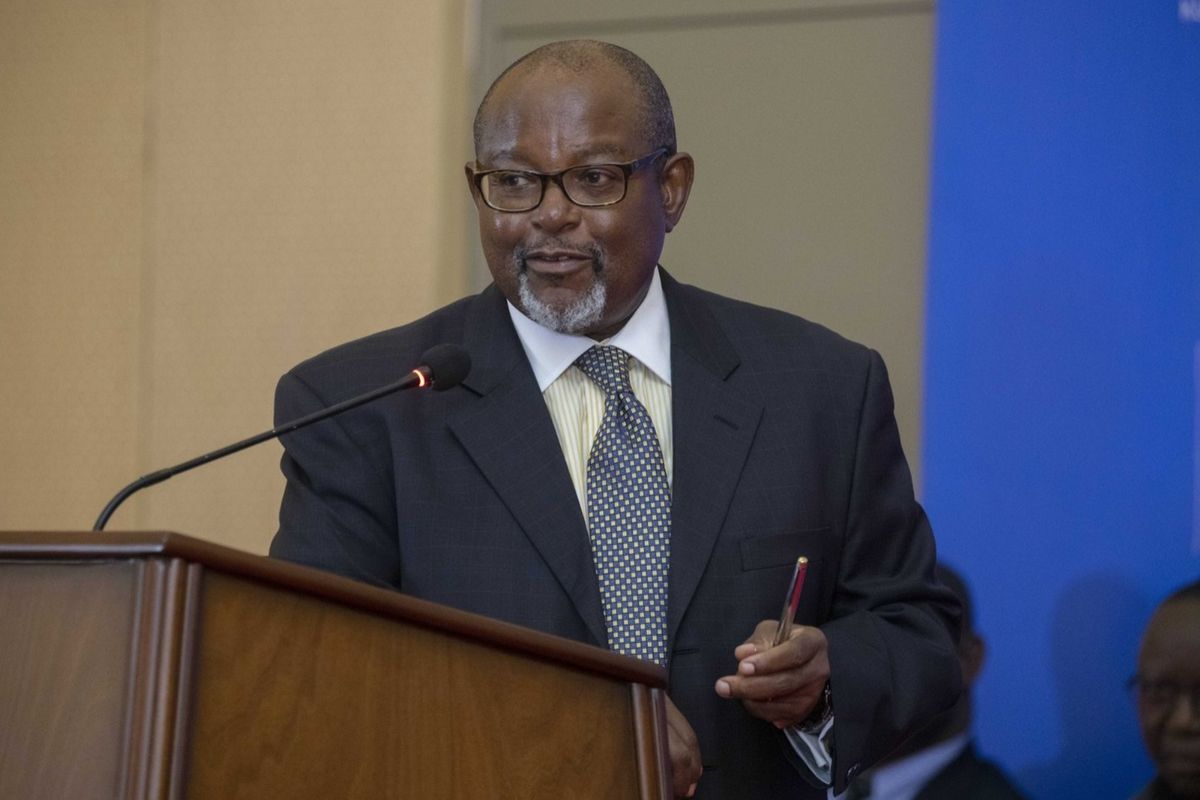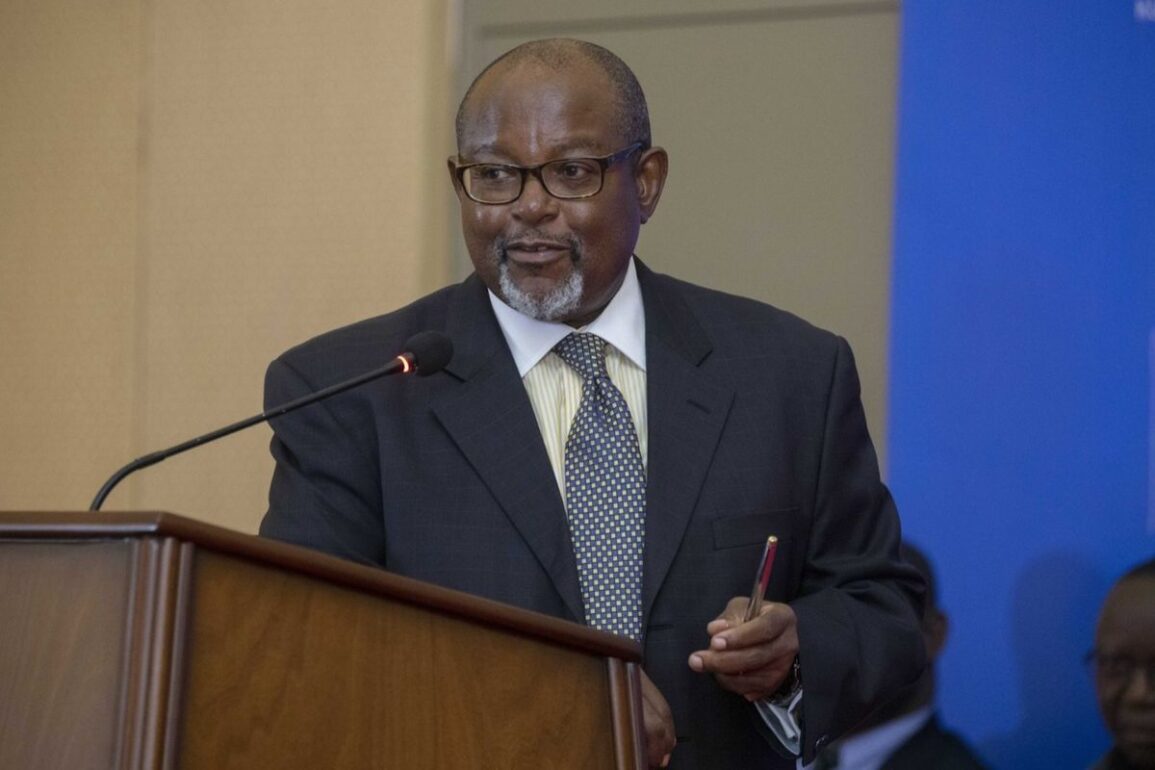
Dar es Salaam. The presidential commission on criminal justice yesterday voiced its confidence over the implementation of its recommendations as it seeks to create a clear framework that will drive effective execution of the proposals.
The team, which was tasked with highlighting major reforms in key law enforcement and justice delivery institutions, also believes that the country’s political environment and economic status will play a key role in influencing the implementation.
Speaking during a meeting with media editors at State in Dar es Salaam, the commission’s vice chairman, Mr Ombeni Sefue, said they believe that all the recommendations will be fully implemented.
“There is undeniable political will under President Samia Suluhu Hassan. Those of us who have been by her side when she was handing us this task witnessed first-hand the determination and earnestness she showed after receiving reports of criminal justice violations.
“Moreover, the economic situation is better than before and there are promising developments that will significantly contribute to successful implementation of the proposals,” he said.
Responding to the question on the time frame of the execution raised by the managing editor of the Mwananchi Communications Limited digital unit, Ms Zourha Malisa, Mr Sefue assured that it will be considered in the planned monitoring system.
He said the President has directed the establishment of an implementation system with Key Performance Indicators (KPIs). This system will be designed to ensure that the recommendations are effectively implemented.
On that note, a member of the commission, Mr Omar Issa, said central to their plan is the active involvement of stakeholders in the process.
He said their first step will be to engage representatives to set priorities and time frames for the implementation.
The anticipated representative report will go beyond setting priorities and time frames. It will also serve as a comprehensive guide, outlining the specific responsibilities of each individual involved in the implementation process.
By doing so, the commission seeks to create a clear and accountable framework that will drive the effective execution of its recommendations.
“We have already begun preparations, and the plan is by the coming month of August, we must identify all the relevant stakeholders. In September, we will initiate the process of bringing them together to reach a consensus on the outcomes to be achieved in all these institutions,” he said.
The commission, chaired by former Chief Justice Mohamed Chande Othman, was formed in January this year and earlier this month presented to the President its report with 13 recommendations on criminal justice reforms.
Institutions that were under review by the committee include the Police Force, National Prosecution Services (NPS), Prevention and Combating of Corruption Bureau (PCCB), Tanzania Prisons Services, and the Drug Control and Enforcement Authority (DCEA).
The commission discovered rampant corruption that denies the poor easy access to justice, long-drawn criminal case investigations and court proceedings, misuse of the rights to bail, as well as abuse of power by Regional and District Commissioners.
The commission has also found out that the issue of alternative punishment is not given priority and that the lives of prisoners when they finish their sentences and when they return to citizenship are at risk because many of them return without any skills to help them make ends meet.
The commission proposed the creation of an integrated e-justice system to enable criminal justice institutions to share information because their systems are disjointed.
“The goal was not to tone down the power of the security forces in fighting crime but quite the contrary it is to make it stronger and efficient,” said Ambassador Sefue.
The commission has also proposed the overhaul of training programs, especially for the police, to tone down militarization and increase professionalism and discipline.
On this, Attorney General Eliezer Feleshi stated that there were recommendations for the establishment of the National Crime, detection, and prevention strategy which will also integrate the usage of information and communication technology (ICT) systems.
“There is also the recommendation of the establishment of the National Investigation Bureau which will be independent, with its own budget,” he said.
This post was originally published on this site be sure to check out more of their content.







